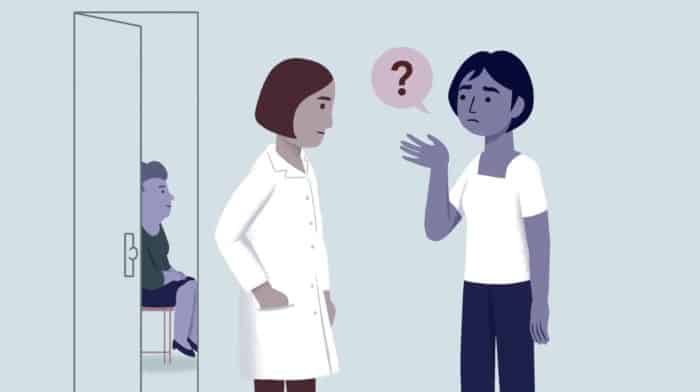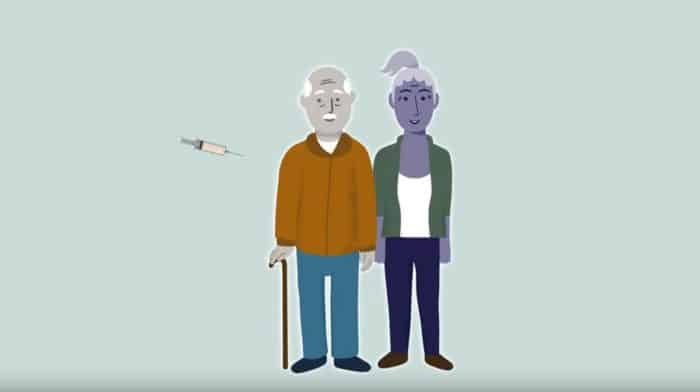Working with Healthcare Professionals
Health care partnering is essential to successful home care. As a caregiver, you are an important part of the health care team. It’s a big job – 80 percent of patient care is given by informal or family caregivers in the community so you are the eyes, ears, and hands for health care professionals. As a caregiver, you will work with health care professionals like doctors, nurses and personal support workers – just to name a few. You may become the communicator, coordinator, advocate, decision-maker, and coach of your care recipient. In this video, you will learn how to best build a relationship with these health care professionals.
As a caregiver, you will work with health care professionals like doctors, nurses and personal support workers – just to name a few.
A healthcare professional is simply someone who works in healthcare.
Doctors can make a diagnosis, suggest treatments, medications with prescriptions and do medical procedures.
Then the nurses will give the medications, and do the treatments the doctor suggests.
Personal support workers will help out with day to daycare like bathing, dressing and eating usually once you get back home.
Dietitians and speech and language pathologists help to make sure that the person you’re caring for is getting the nutrition they need safely.
And therapists like physiotherapists and occupational therapists who help keep people safe and moving with exercise plans and assistive devices may also be apart of the process too.
This is a very short overview of what everyone does, and there may be a team of these professionals involved in the care of the person you’re caring for, but as their caregiver, you play an important role in this health care team too!
As the primary caregiver working with other health care professionals, you may become the communicator, coordinator, advocate, decision-maker, and coach of your care recipient.
In this video, you will learn how to best build a relationship with these health care professionals.
Here are some tips for building a positive relationship with your team:
1. Be very specific about what the person you are caring for wants and needs.
Let the health care providers know about any challenges.
2. Write down any questions you or the care recipient may have.
Bring these with you to appointments, and take notes during the meeting. Use your phone to record the conversation if it’s easier.
3. Keep a folder of information about the person you are caring for.
Include any important notes and a list of all current medications. Be sure to mention any allergies – even any allergies they may have to any food since you won’t know how it will interact with their medicine.
4. If the person you are caring for has pain or side effects, let the health care team know.
5. Ask questions about how to provide home care specifically for the person you are caring for.
Sometimes knowing what to ask is the hardest part. You can click here to see a video that can help with some suggestions on what to ask your health care team.
6. It’s all about the details, be very specific in your communication, leave nothing out and be honest.
All of these tips will help you in preparing you to get the most out of working with health care professionals.
Be sure to visit our channel for more support and information on this, like learning how to be a Patient-Care Advocate, or learning what questions to ask Health Care Professionals.






